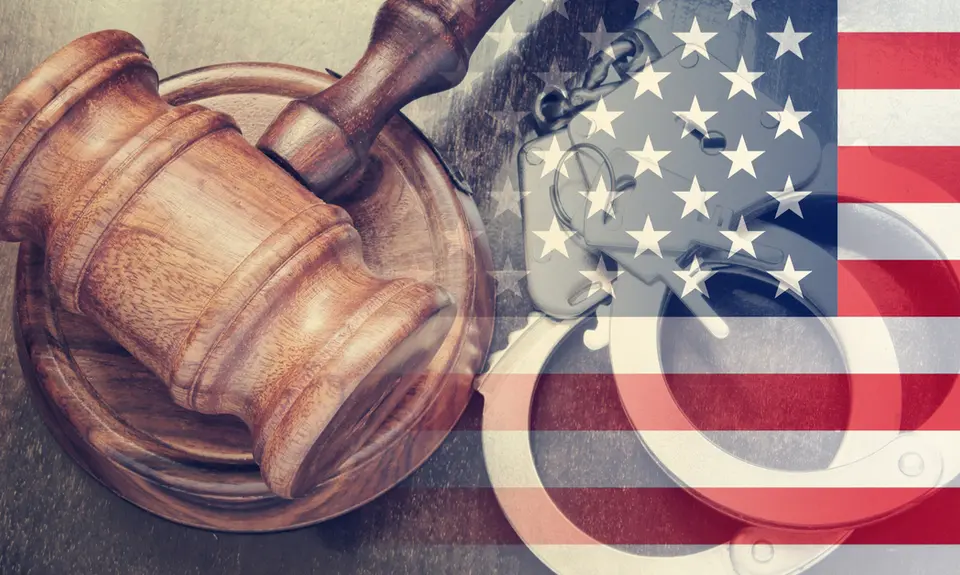Given the pressing need to relieve the harms of mass incarceration suffered by people of color and other demonized and criminalized communities, People For the American Way’s African American Ministers In Action supports H.R. 6011. This youth sentencing reform legislation properly balances public safety with the need, supported by scientific evidence and Supreme Court precedent, to treat children differently in the criminal justice system. It affords them the opportunity to petition for a sentencing review after having served 20 years. Click here to view the House cosponsorship letter signed by AAMIA and allied organizations.
Dear Representative:
On behalf of the Campaign for the Fair Sentencing of Youth, and the additional undersigned organizations, we write to express our full support of H.R. 6011 by Congressman Bruce Westerman (R-AR), and encourage you to sign on to this legislation as a cosponsor.
H.R. 6011 will allow children sentenced to more than 20 years in prison for crimes committed before their 18th birthday to petition the original sentencing court for review of their sentence after they have served 20 years of their sentence. In reviewing the petition, the judge must consider mitigating factors of youth, the diminished culpability of youth compared to adults, the defendant’s history of abuse or neglect during childhood, the defendant’s work towards rehabilitation, the circumstances surrounding the crime, and the recommendations of the U.S. Attorney and Bureau of Prisons. The bill also includes due process protections, providing individuals with the rights to a hearing, counsel, to present evidence, to speak, and the right to an appeal.
H.R. 6011 is about mercy and redemption for America’s children and represents commonsense reform that properly balances protecting public safety with the need to treat children differently from adults in the criminal justice system. The legislation does not guarantee the release of anyone who has committed a serious crime as a child, but rather provides the opportunity for a judge to review lengthy prison sentences imposed on our youth.
Scientific evidence shows that youth are fundamentally different from adults because of their immature brain development, and their weaker impulse control and reasoning abilities. Because their brains are not fully developed youth also have a unique potential to grow and to be rehabilitated. These facts led the U.S. Supreme Court to conclude on several occasions that youth must be treated differently by the criminal justice system.
In 2005, the U.S. Supreme Court in Roper v. Simmons ruled that it is unconstitutional to sentence children to death who were under the age of 18 at the time of their crime.1 Five years later, in Graham v. Florida, the Court went further, striking down life without parole sentences for non-homicide offenses for children.2 In 2012, the Court struck down mandatory life without parole sentences for homicide offenses in Miller v. Alabama, ruling that sentencing courts must “take into account how children are different, and how those differences counsel against irrevocably sentencing them to a lifetime in prison.”3 Finally, in 2016, the Court in Montgomery v. Louisiana clarified that the Miller decision applied retroactively and that the sentence of life without parole violates the 8th Amendment for the vast majority of juvenile offenders.”
In every aspect of society we recognize children are different: We don’t allow kids to smoke, drink alcohol, get married, enter into contracts, vote, join the military, work in certain environments, or make certain decisions, because we recognize that they are still developing, that they are not yet fully mature. H.R. 6011 brings this same logic and line of reasoning into how we treat children when they commit serious crimes.
Extreme sentences like life without parole are also most frequently imposed upon the most vulnerable members of our society. Nearly 80 percent of juvenile lifers reported witnessing violence in their homes; more than half (54.1%) witnessed weekly violence in their neighborhoods.4 In addition, 50 percent of all children sentenced to life in prison without the possibility of parole have been physically abused and 20 percent have been sexually abused during their life.5 For girls serving life without parole sentences, more than 80 percent have been sexually assaulted.6
Like much of our criminal justice system, the racial disparities are also extreme. Children of color are disproportionately sentenced to die in prison, with black children serving life without parole at a per capita rate that is 10 times that of white children convicted of the same offense.7
H.R. 6011 will bring the federal government in line with emerging juvenile brain and behavioral development science, as well as similar policies from states like Arkansas, Texas, North Dakota, West Virginia, California, and 15 others, which have all banned life without the possibility of release from being imposed on children.
This bill aligns with our values as being a nation of second chances and our belief that there is no such thing as a "throwaway" child. H.R. 6011 will ensure that no child convicted of a serious crime is ever denied hope of a second chance and offers children who have gone astray the chance for rehabilitation and reconciliation with society.
It is for these reasons that we urge you to support H.R. 6011 and to sign on as a cosponsor.
